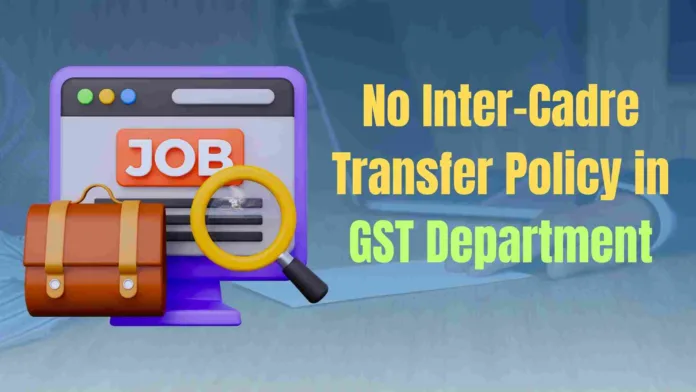The Central Government has clarified that there is currently no policy for inter-cadre transfers within the Goods and Services Tax (GST) department, leaving many officers—especially women—without a route to return to their home states even after years of service.
In a written reply to Rajya Sabha Question No. 1048, Minister of State for Finance Shri Pankaj Chaudhary confirmed that Group B and C cadres under the Central Board of Indirect Taxes and Customs (CBIC) are governed by decentralized Cadre Controlling Authorities (CCAs), and allocation is done based on a merit-cum-preference system at the time of initial appointment. After that, transfers are only allowed within the jurisdiction of the respective CCA.
The Minister explained that existing statutory recruitment rules under the CBIC do not permit inter-cadre transfers. “However, officers can apply for deputation to posts outside their cadre, including in Directorates under CBIC across the country, provided they obtain a No Objection Certificate from their CCA,” he stated.
This policy—or the lack thereof—has a disproportionately adverse impact on women officers, particularly Superintendents. These officers are classified as part of a “Zonal cadre” and must perform their duties within that zone. Despite long service records, many female officers are unable to secure postings in their home states.
While some relief exists in the form of deputation to the role of Additional Assistant Directors (AADs) in various CBIC Directorates nationwide, this too depends on clearance from the respective CCA.
Importantly, the government has no current proposal to introduce a dedicated inter-cadre transfer policy to address these concerns.
The response has reignited calls for a comprehensive and humane transfer framework within the CBIC, especially one that takes into account family responsibilities, health concerns, and gender equity in public service.

